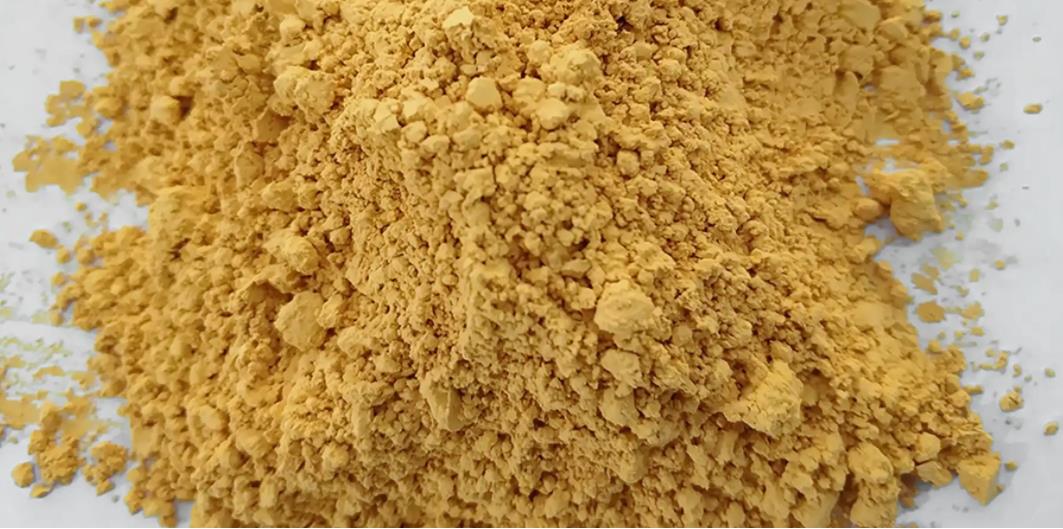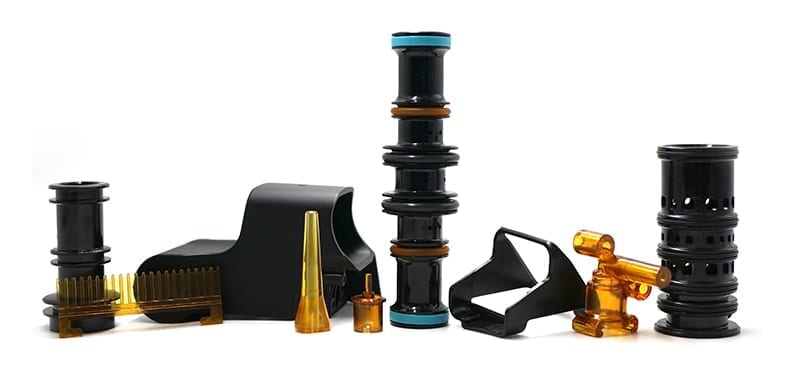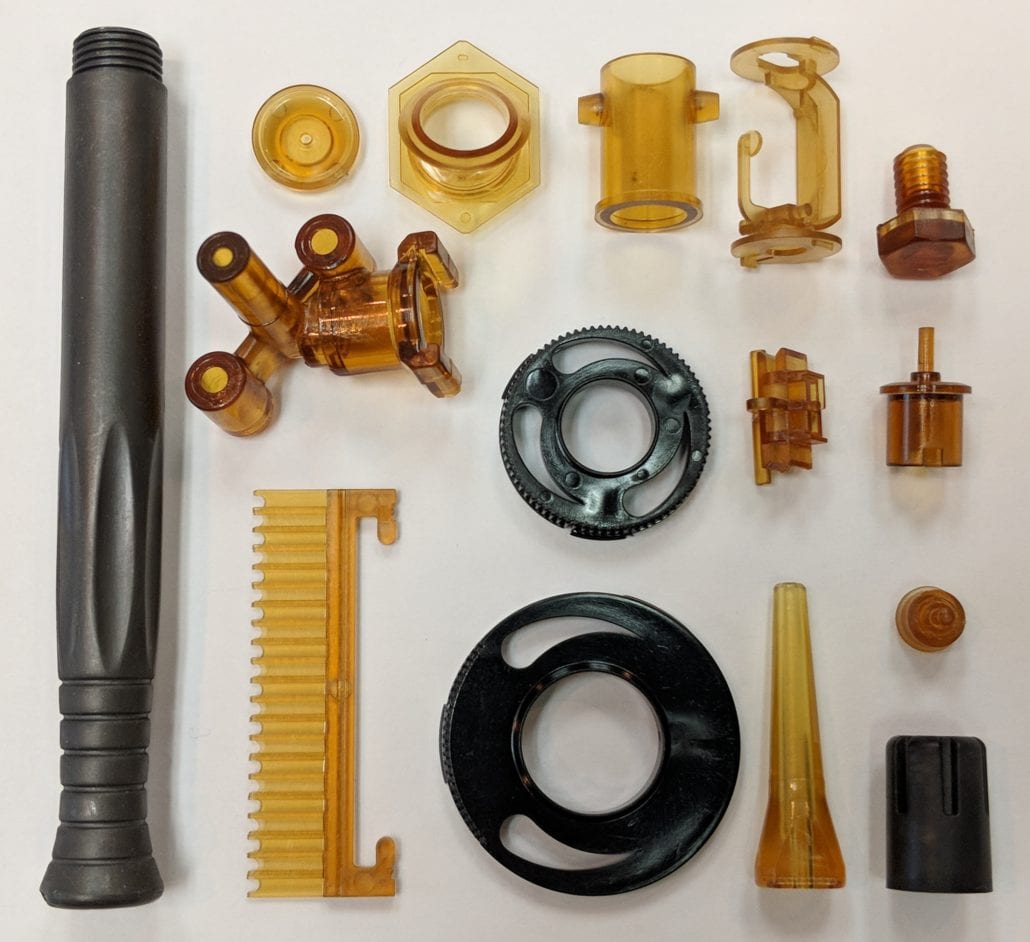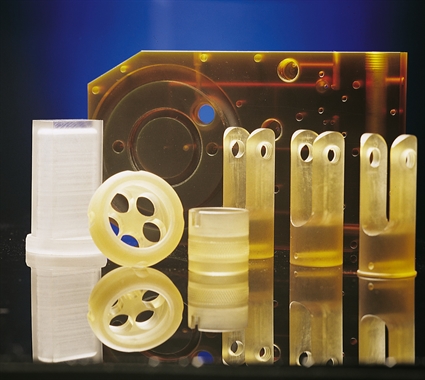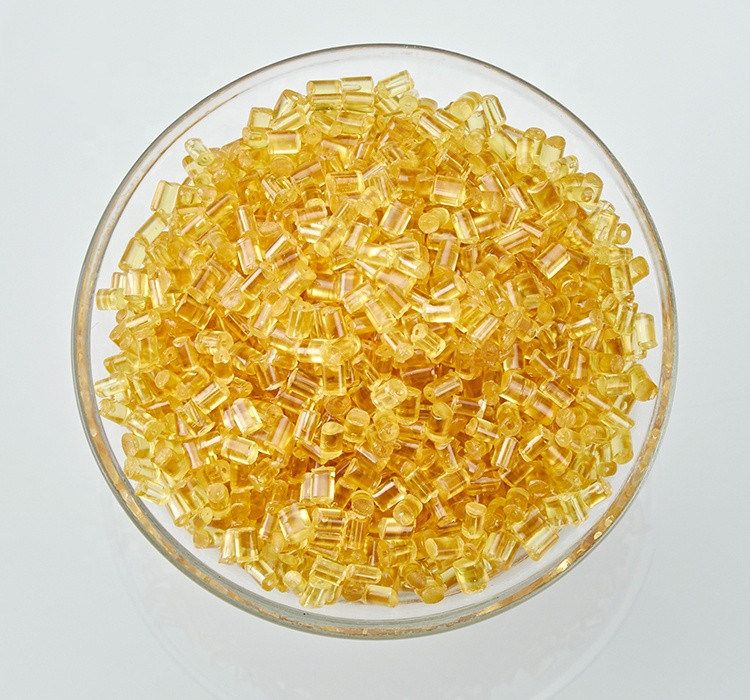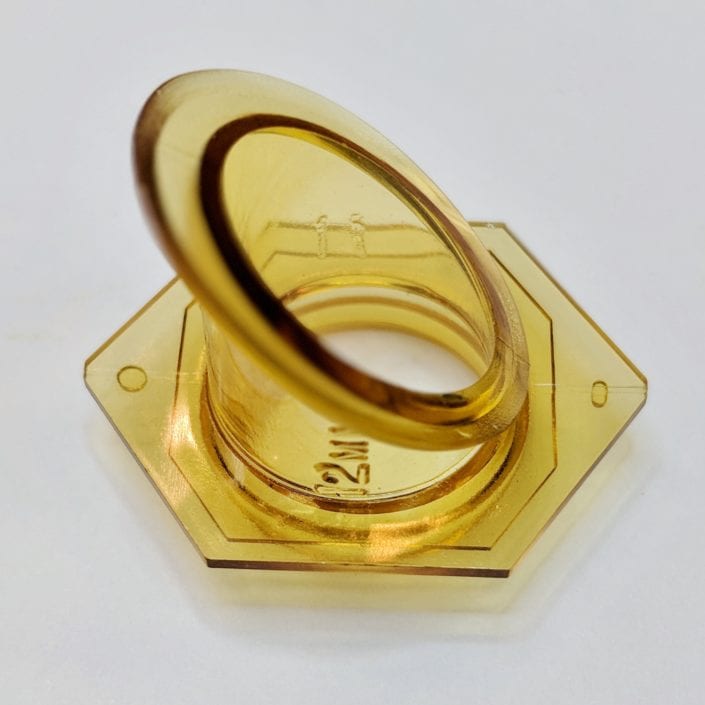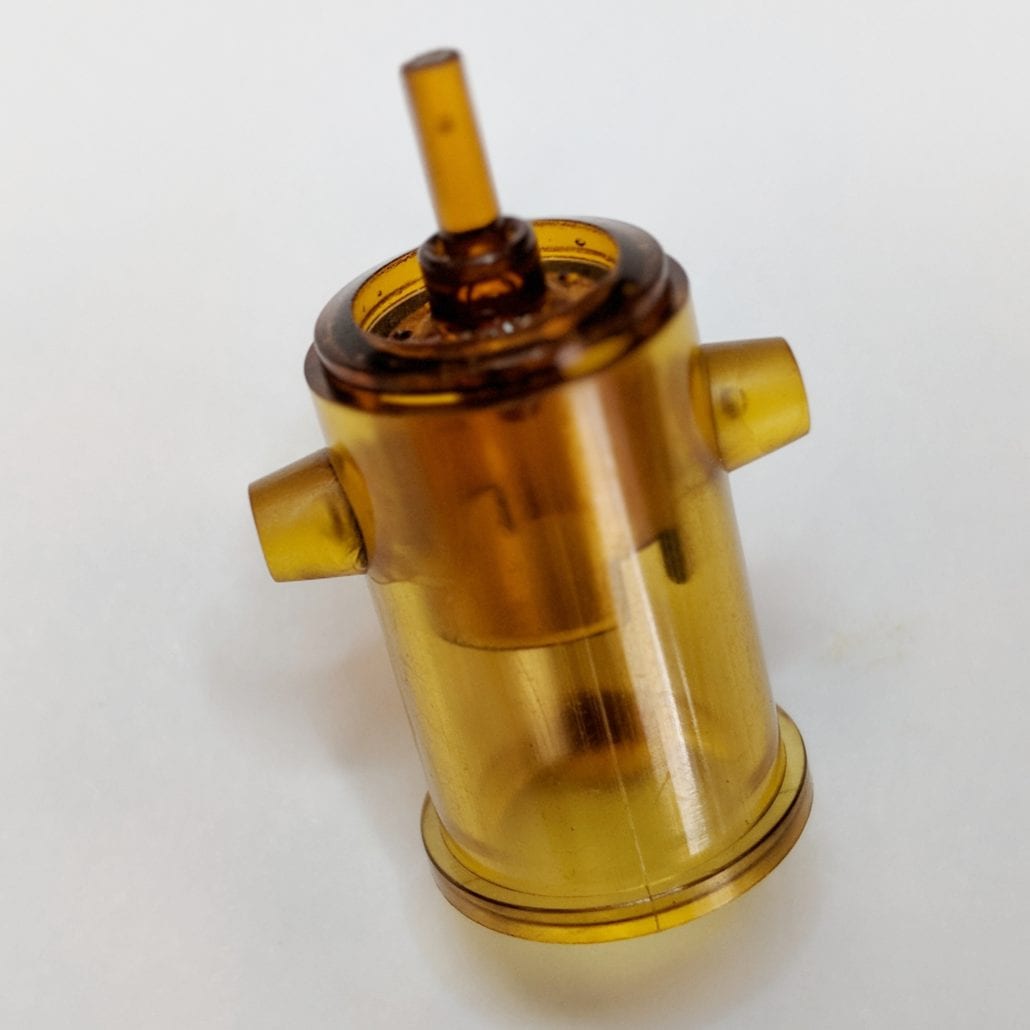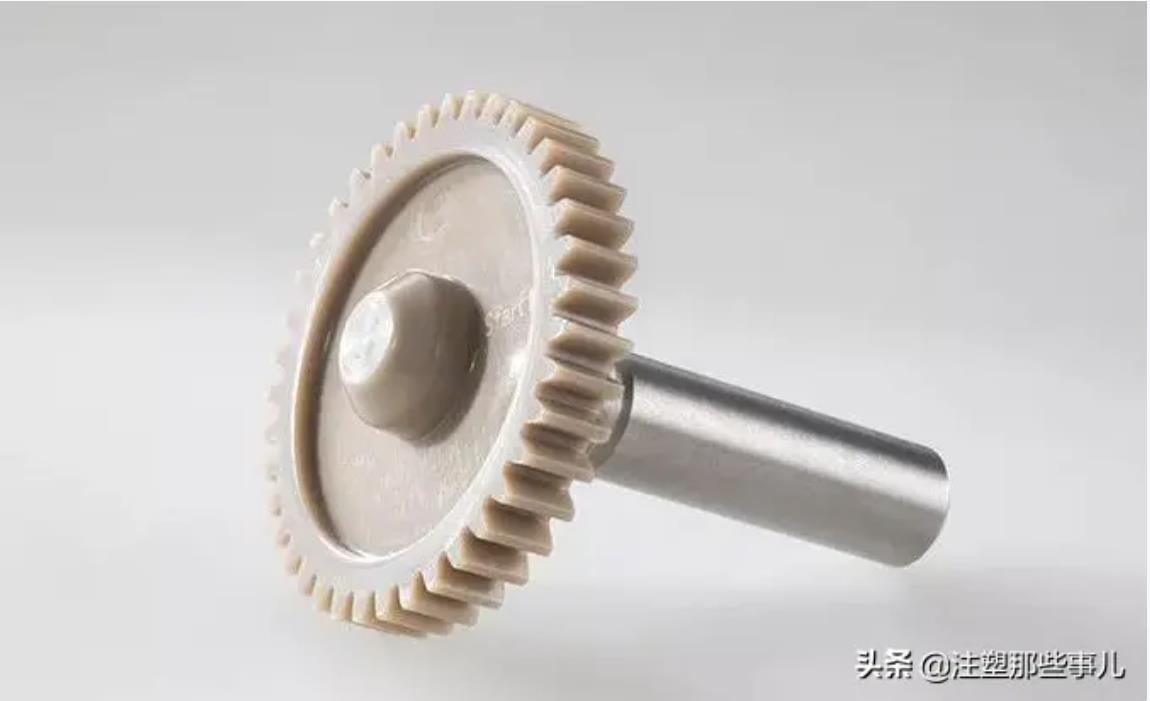
Ultem PEI Injection Molded Parts and Shapes
Ultem PEI (polyetherimide) falls within the Polyimide family of ultra high-performance polymers. But unlike traditional polyimides like vespel PI, it has a unique polymeric structure that makes it melt-processable by INJECTION MOLDING and extrusion.
The Ultem resin product line comprises an exceptionally diverse range of formulations. In addition to unfilled grades, the polymer is available with different levels of glass fiber reinforcement for added strength, and a number of other additives that provide performance features tailored to specific applications and processes. Ultem biocompatible grades per ISO 10993 or USP VI are also available for molding and extrusion.
POLYWEL Plastics injection molds a range of Ultem grades into components for aircraft, medical and healthcare equipment, electrical and electronic devices and other high technology applications. Our extrusion team also extrudes glass reinforced Ultem 2300 into unique Seamless Tube available from stock, and offers rod and plate in different grades on a custom basis for machining prototypes and production parts.
Key Properties and Typical Applications for Ultem
Its use in many demanding applications in high technology industries attests to Ultem’s combination of performance attributes. They include inherent flame resistance as evidenced by its UL V-0/5V ratings, essential for many electrical and electronics components. The material meets the flammability and low smoke generation requirements for various aircraft applications. Ultem also withstands extended exposure to steam and hot water, and resists many different chemicals. These features lead to its specification for sterilizable medical devices. Its excellent electrical properties and strength at temperatures as high as 200°C / 390°F add to its performance characteristics.
Optimized Process Conditions for Injection Molding Ultem
As with all high-performance polymers, processing conditions during injection molding significantly affect the physical properties of Ultem in finished components. This can be a particularly important consideration for formulations that contain specialized additives intended to improve the material’s inherent properties.
Polywel Plastics takes several measures to define and lock in the molding conditions that will achieve optimum performance from each high performance polymer we process.
Initially, our technical team analyzes each grade of the thermoplastic to define its melt flow and melt stability traits. This characterization translates to injection molding conditions and a polymer melt heat history that prevents degrading the material’s physical properties.
During the injection molding process, Polywel Plastics utilizes process control technology that maintains the ideal conditions for each polymer and formulation. The control system is installed within the mold itself, monitoring and maintaining the targeted melt temperatures and pressures for Ultem as well as the other high-performance polymers we process.
Injection Molding Ultem Parts with Heavy Wall Sections
High-performance polymers like Ultem require high melt temperatures during molding. In parts with thick wall sections, proper cool-down is especially important to prevent internal stresses that can cause cracking.
Polywel Plastics is recognized for its unique ability to melt process high-performance polymers in extremely heavy sections. In addition to injection molding heavy-walled parts, we extrude machinable rod in diameters up to 256.7mm (10.125”), and plate in thicknesses to 101.6mm (4.0”) – by far the largest sizes in the industry.
Heavy walls in components molded from from high-performance polymers can also be prone to internal porosity and voids if not processed properly. Polywel Plastics uses injection-compression molding machines to alleviate this problem. The technology involves compressing or “coining” the parts, and effectively prevents voids and porosity from occurring.
Capabilities for Injection Molding Small and Large Parts in Ultem
Polywel Plastics’ injection molding presses are rated from 35 to 300 tons, affording customers a versatile range of components from 0.85 grams (0.03 oz.) up to 567 grams (20 oz.). This mix of capabilities gives customers a one-stop injection molding source for diverse part sizes.
Recommended products

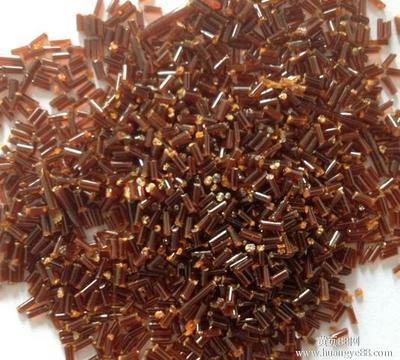
Thermoplastic Polyimide (TPI)

Polyetheretherketone (PEEK)
